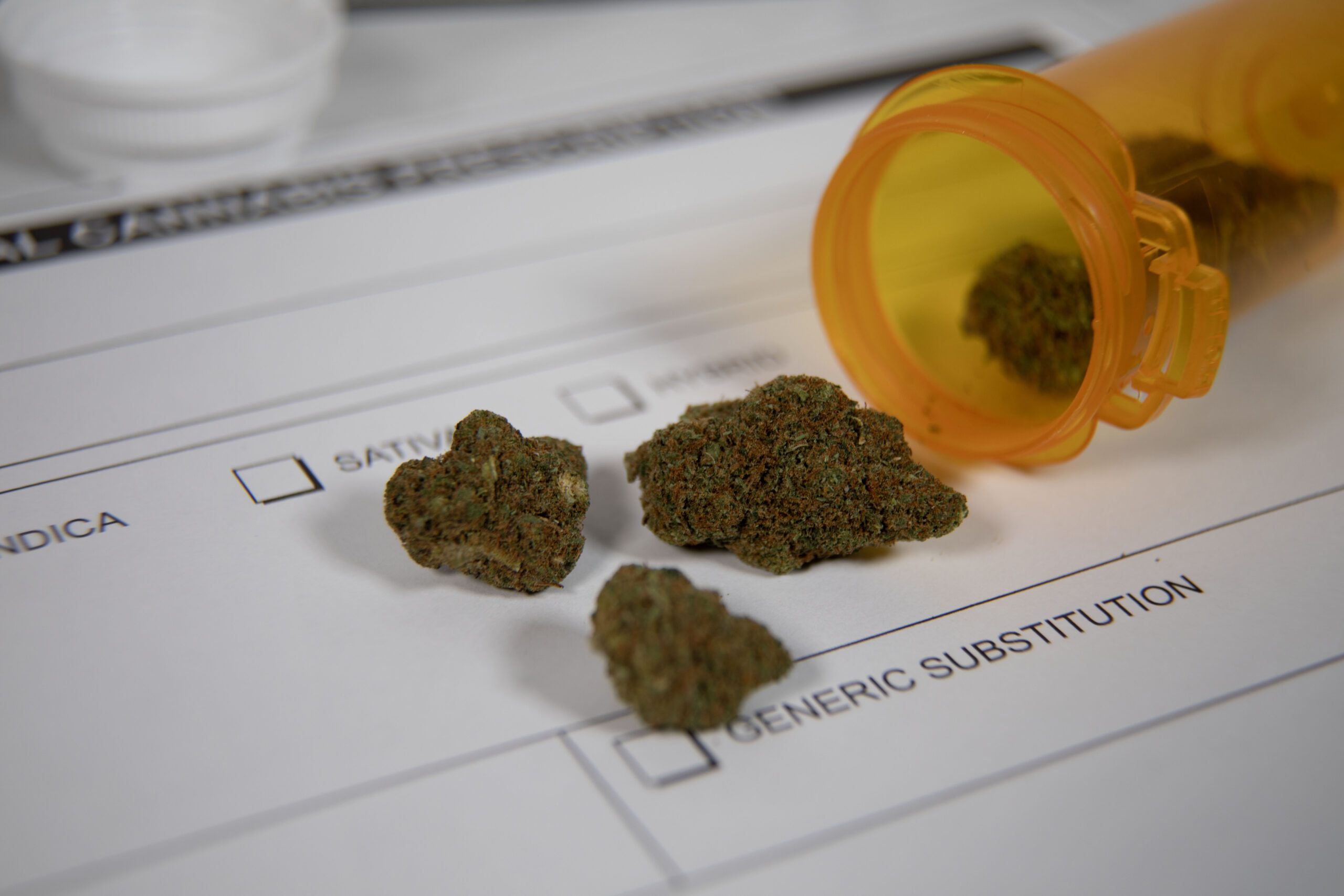In Tampa Bay, the perception of cannabis consumers is undergoing a transformation. Once heavily stigmatized, individuals who use cannabis—whether for medical or recreational purposes—are increasingly being seen as part of a diverse and informed community. Still, despite this progress, remnants of outdated stereotypes and institutional barriers remain, reflecting the complex dynamics of cannabis acceptance in the region.
Historically, Tampa Bay has had a complicated relationship with cannabis. One of the most infamous examples was the 1933 Victor Licata case, in which a gruesome crime was inaccurately blamed on marijuana use. That event contributed to a wave of anti-cannabis propaganda that cemented negative public opinions and perpetuated damaging stereotypes for decades.
The passage of medical marijuana legalization in Florida in 2016 was a turning point. Tampa Bay quickly emerged as a key area for patient access and cannabis business growth. However, the rollout hasn’t been without challenges. Patients, doctors, and advocates still face hurdles ranging from affordability and lack of insurance coverage to lingering societal judgment. Many physicians remain hesitant to recommend cannabis, citing fears of losing federal support or being blacklisted by medical institutions.
In communities like St. Petersburg, there’s a noticeable generational split in perception. Older residents, often dealing with chronic conditions, have become more open to medical cannabis as an alternative to pharmaceuticals. Meanwhile, younger adults—despite their openness to cannabis culture—often find themselves caught in a system with limited access and restrictive pathways to obtaining a medical marijuana card. These limitations help preserve the stigma, particularly among underserved or minority communities.
That said, efforts to change the narrative are gaining steam. Women-led panels and business networking events are helping reshape the image of cannabis professionals and consumers alike. In Tampa Bay, events highlighting industry leadership—especially those spotlighting women and people of color—have helped broaden the public’s understanding of who uses cannabis and why.
Media campaigns are also playing a key role. Video series and community initiatives focused on ending stigma bring real stories to the forefront, reminding viewers that cannabis users are everyday people—mothers, veterans, professionals, caregivers—who are simply seeking wellness, relief, or responsible enjoyment.
There’s also growing recognition of cannabis’ economic impact in the region. Dispensaries and ancillary businesses are creating jobs and contributing tax revenue, giving even skeptics a reason to reconsider long-held biases. Still, advocates argue that true acceptance will only come when cannabis consumers are no longer subject to discrimination in housing, employment, and healthcare.
Tampa Bay’s cannabis culture is in flux—caught between the progress of legalization and the persistence of stigma. But with each patient testimony, community conversation, and public event, the region edges closer to a future where cannabis use is normalized, understood, and respected.


